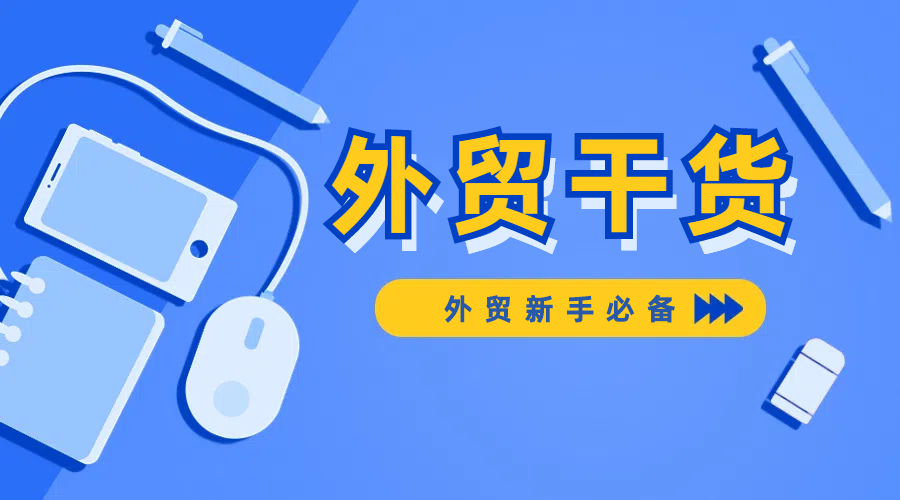 400-076-6558智领未来,外贸超级营销员
400-076-6558智领未来,外贸超级营销员
 400-076-6558智领未来,外贸超级营销员
400-076-6558智领未来,外贸超级营销员

For new exporters, winning and maintaining the trust of global buyers stands as a pivotal challenge. Decision-makers in procurement prioritize reliability, timely communication, and value beyond just product pricing. This article unveils proven, practical methods to nurture these critical client relationships which form the bedrock of sustainable international trade success.
Quick responses to buyer inquiries – ideally within 12 hours – dramatically increase the likelihood of conversion. However, speed alone is not enough. Exporters must communicate using professional yet warm and personalized language that resonates with the buyer's needs and culture. According to recent industry analysis, over 70% of buyers rank “effective communication” as the top factor influencing their continued engagement with suppliers.
Active listening is also vital. Exporters should document client preferences and concerns meticulously, providing thoughtful feedback rather than generic replies. Demonstrating an understanding of their challenges and offering concrete solutions builds the foundation of reliability and informed partnership.
New exporters often struggle with positioning themselves against established competitors. One effective strategy is ensuring your product and service consistently meet or exceed buyer expectations. This can be achieved by offering value-added services such as providing free samples for quality assessment or delivering insightful market analysis reports relevant to the buyer’s industry.
Multiple surveys reveal that buyers are 40% more likely to maintain relationships where suppliers offer proactive value additions. Such efforts demonstrate commitment and positioning from a partner perspective rather than just a vendor.

Keeping track of multifaceted client information is essential. Using CRM platforms such as AB Client CRM empowers exporters to systematically record communications, client preferences, purchase history, and important dates like holidays or contract renewals. This allows for meaningful, timely follow-ups without reliance on memory alone.
Regular check-ins, ideally quarterly, with established clients help to catch emerging needs or concerns early, fostering long-term loyalty. A well-maintained CRM also enables segmentation to tailor mass communications without compromising personalization – for example, sending holiday greetings that reflect the cultural context of each client.
Beyond formal communication channels, proactively engaging on platforms like LinkedIn or industry-specific networks can highlight your company’s activities and insights while monitoring client developments. Commenting thoughtfully on buyer posts or sharing customized content can organically enhance your relationship and reputation.
According to a 2023 study, suppliers who maintained active, relevant social media engagement experienced a 25% higher retention rate among global buyers. As procurement teams increasingly perform social vetting, social media interaction showcases transparency and responsiveness.
| Strategy | Impact on Client Retention |
|---|---|
| Prompt & personalized communication | 70%+ buyer preference |
| Offering value-added services | +40% loyalty likelihood |
| CRM-supported client follow-ups | Improves retention & reduces churn |
| Active social media engagement | +25% buyer retention |
The journey from initial outreach to a stable, long-term partnership requires consistent efforts across all touchpoints. New exporters should approach every interaction as an opportunity to reinforce credibility, solve real problems, and deliver measurable value. Trust is earned incrementally through reliable performance, empathetic communication, and attentive aftersales care.
By anchoring their approach in the strategies outlined, new exporters can build durable, mutually beneficial client relationships — minimizing churn and maximizing lifetime client value.
.png?x-oss-process=image/resize,h_100,m_lfit/format,webp)
.png?x-oss-process=image/resize,h_100,m_lfit/format,webp)

.png?x-oss-process=image/resize,h_100,m_lfit/format,webp)
.png?x-oss-process=image/resize,h_100,m_lfit/format,webp)
.png?x-oss-process=image/resize,h_100,m_lfit/format,webp)
.png?x-oss-process=image/resize,h_100,m_lfit/format,webp)
